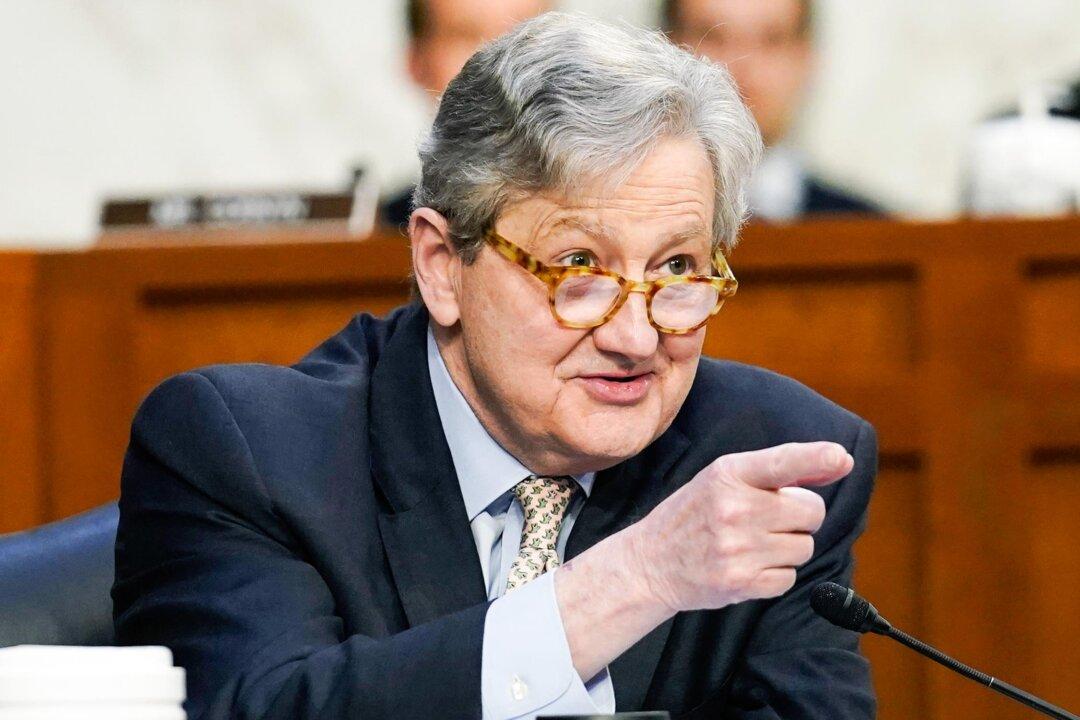Sen. John Kennedy (R-La.) introduced legislation on April 20 that would establish a permanent U.S. special envoy to the Pacific’s leading policy forum to combat the Chinese Communist Party’s (CCP) growing influence in the region.
The measure (pdf), known as the U.S. and Pacific Islands Forum Partnership Act, proposes to establish a permanent presence with the Pacific Islands Forum (PIF), a group of countries that includes Australia, New Zealand, and 18 Pacific Island nations in total.





